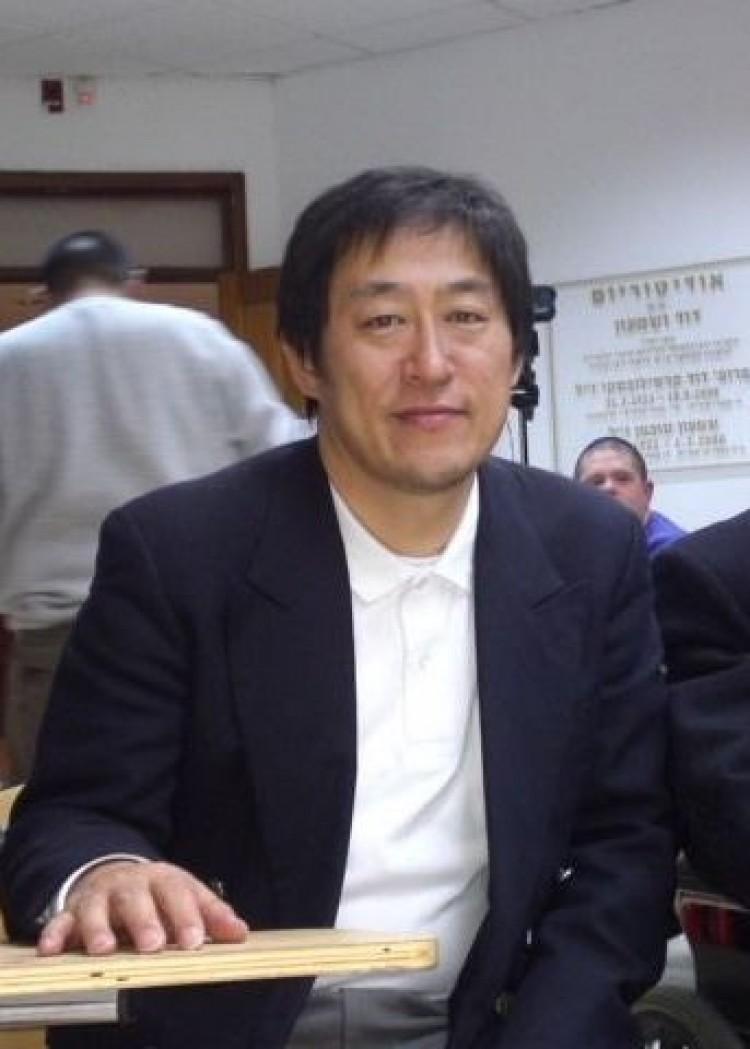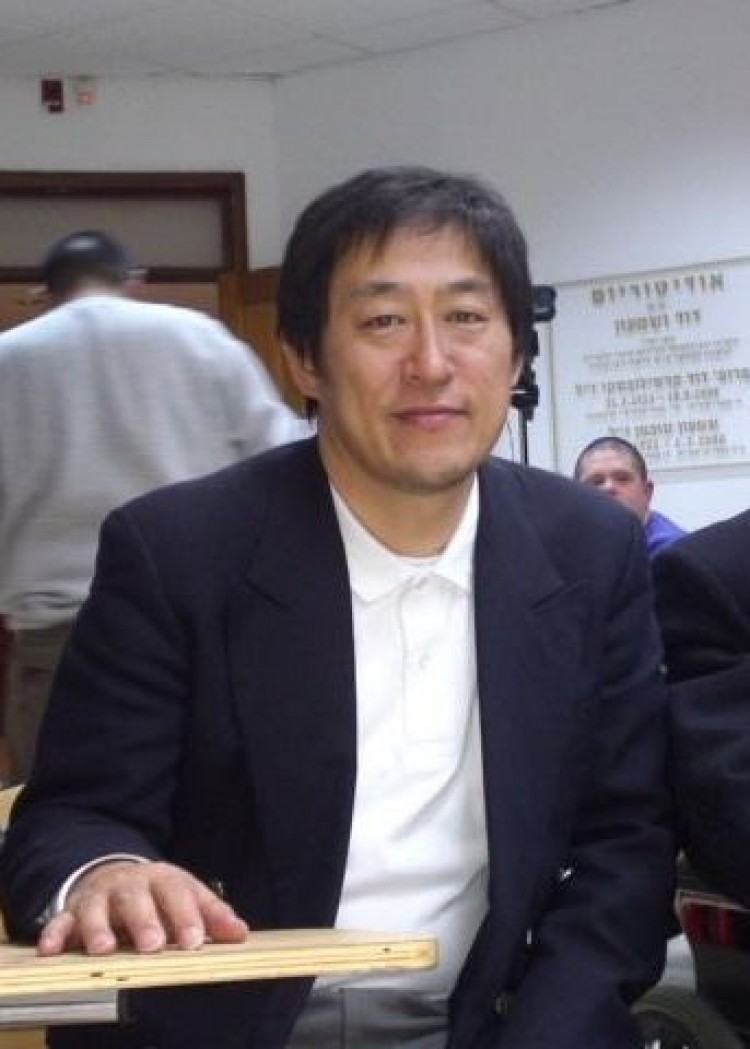“Go [the game] is like life,” said Yasuda Yasutoshi at the end of a go seminar he gave in a school for talented children in Israel. Yasutoshi, also called Yasuda Sensei (in Japanese, professor Yasuda), is at the highest level of the game of go (9-dan). He is regarded as one of the best players in the world.
Yasutoshi is especially appreciated and famous for the “Yasuda method,” which he developed with the aim of using the game as a means of communicating and increasing tolerance in society. The method has been adopted in Western countries due to its good results.
Yasutoshi is especially appreciated and famous for the “Yasuda method,” which he developed with the aim of using the game as a means of communicating and increasing tolerance in society. The method has been adopted in Western countries due to its good results.





